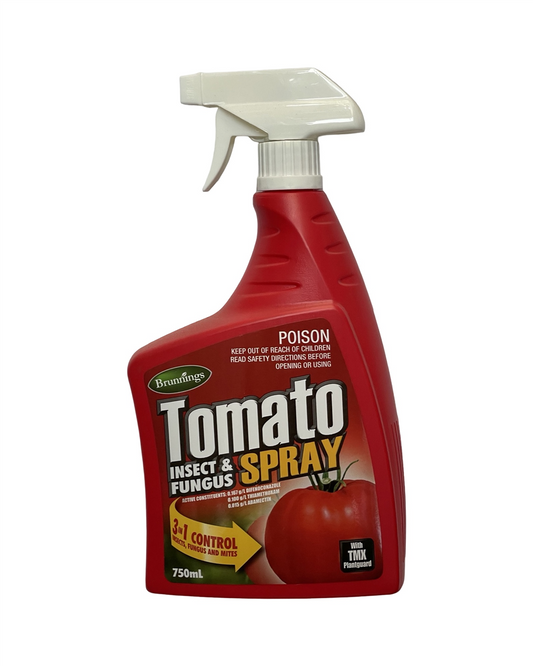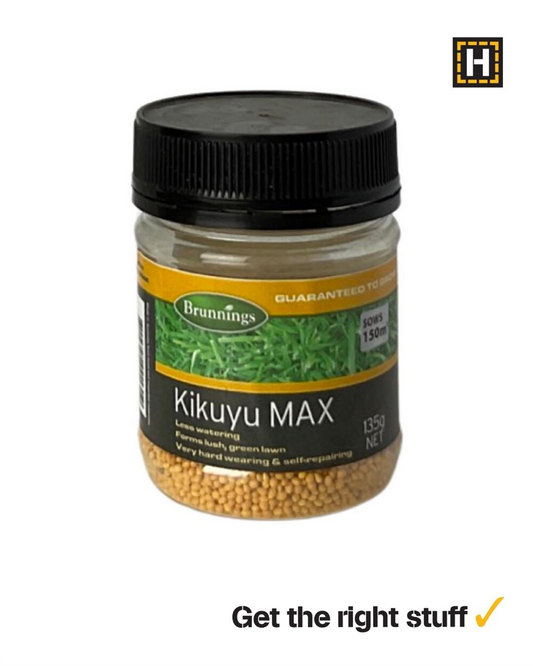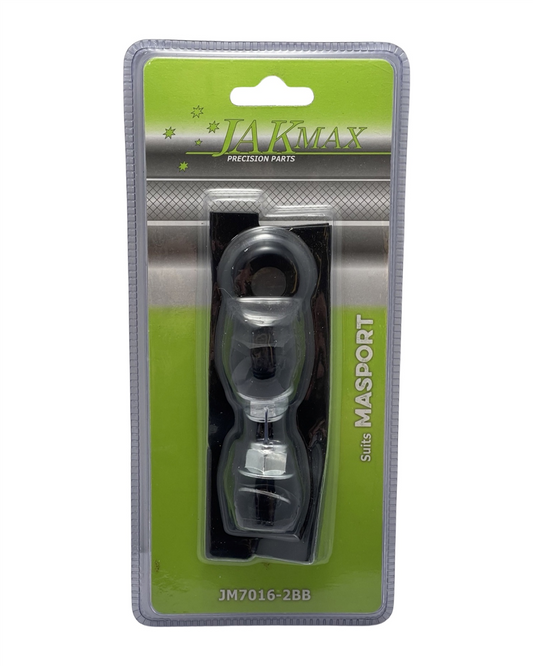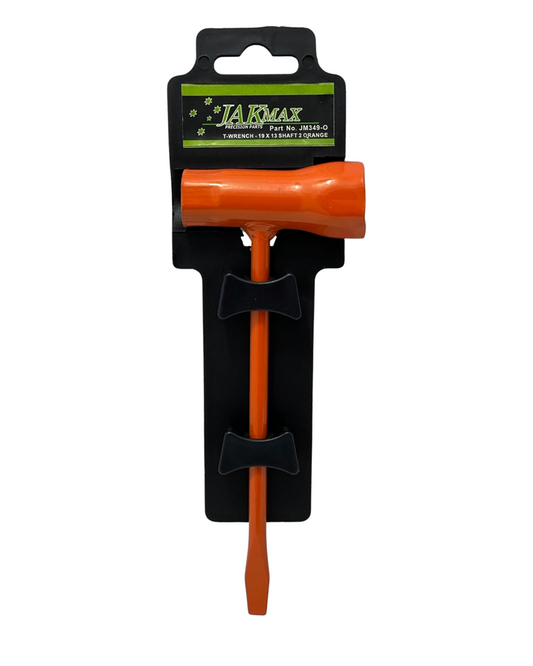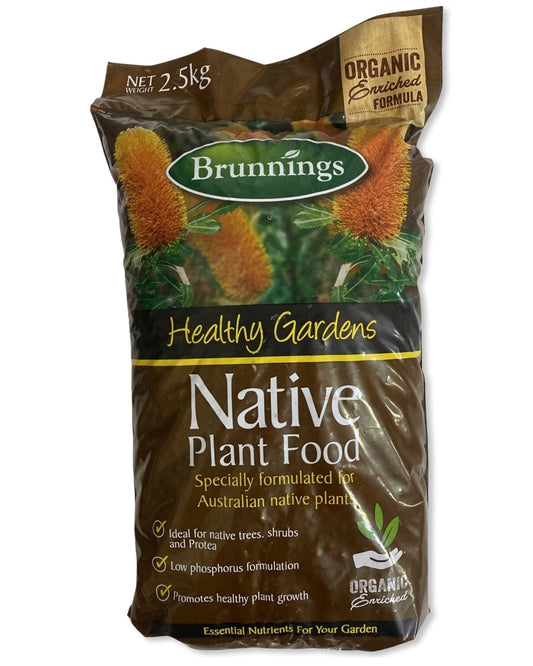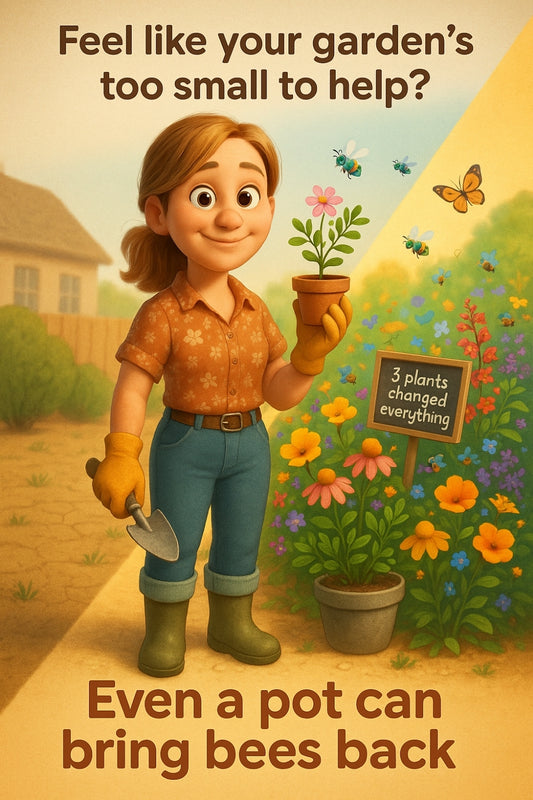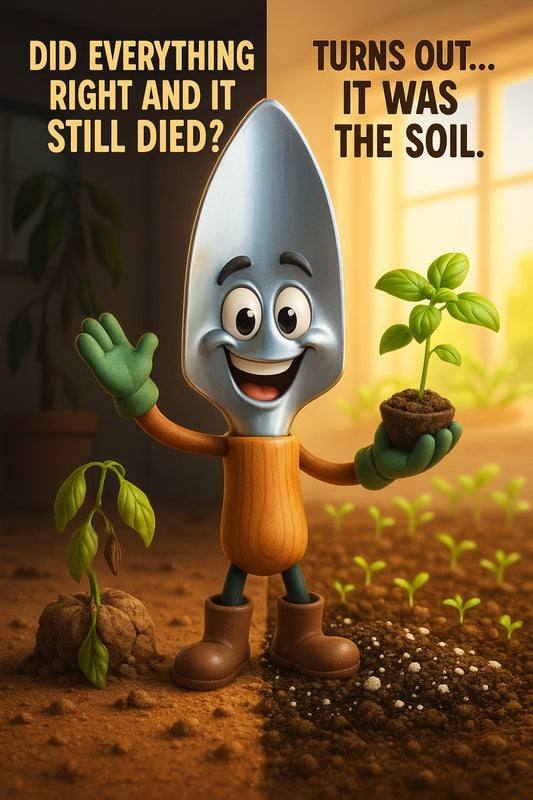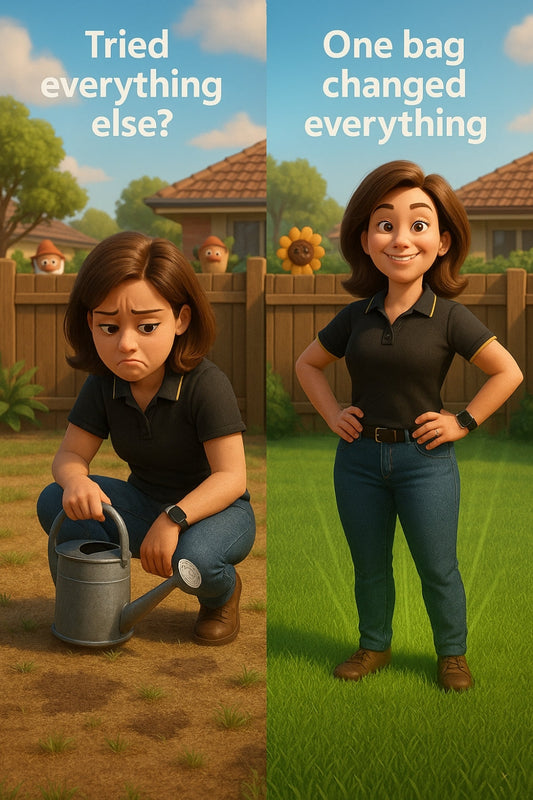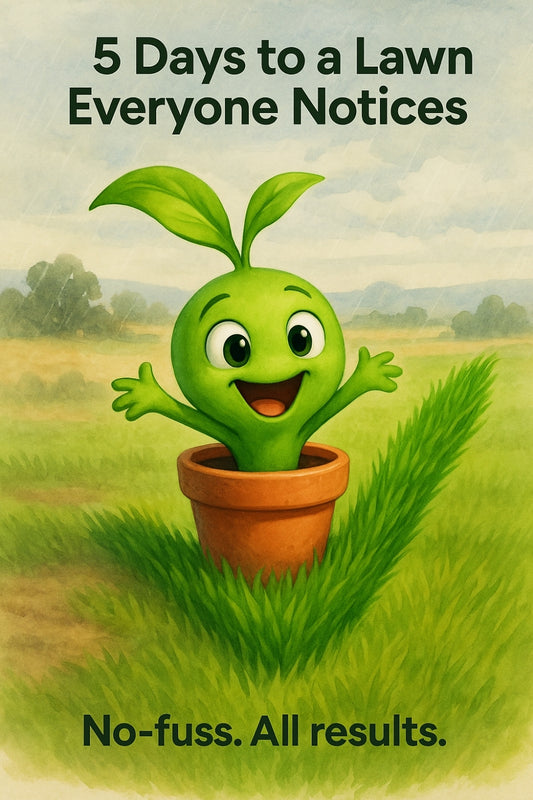What you don’t know about compost activators could save you time
Share
The Secret to Faster Composting: Why You Might Not Need That Activator
Picture this: you've finally started your compost bin. You’re excited about turning kitchen scraps and garden clippings into rich, dark soil that’ll have your plants thriving. But then, you hear about compost activators—these magic potions that supposedly speed up the process. Do you really need them? Or is this just another gimmick?
What Do Compost Activators Actually Do?
A compost activator, also called a compost starter, is a mix of materials designed to boost the breakdown process. It often contains nitrogen, microorganisms, or enzymes that jump-start the decomposition of organic matter. Sounds great, right? But here’s the catch—not every heap needs one.
Your compost already has nature’s best workforce: bacteria, fungi, and worms. They’re the real heroes, breaking everything down without any fancy additives. If your compost balance is right, they do their job just fine on their own.
Save Time and Money With These Natural Alternatives
Before grabbing a commercial activator, try these simple alternatives. Chances are, you already have them at home!
- Grass clippings: Fresh grass adds nitrogen, which fuels the microorganisms in your compost.
- Manure: If you have access to cow, horse, or chicken manure (aged, not fresh), it's a natural and powerful compost boost.
- Used coffee grounds: Full of nitrogen, coffee grounds feed the microbes working in your pile.
- Healthy garden soil: A shovel of good soil adds beneficial bacteria and fungi to your compost.
- Compost from a finished batch: Adding a bit of finished compost introduces active microbes that get the new pile off to a strong start.
Getting the Balance Right
The real trick to a thriving compost heap isn’t a store-bought activator—it’s balance. Getting the right mix of green (nitrogen-rich) and brown (carbon-rich) materials is what keeps decomposition running smoothly.
If your compost seems slow to break down, try these quick fixes:
- Chop materials into smaller pieces—the smaller they are, the faster they break down.
- Turn the pile regularly—this gets oxygen to the microbes working hard inside.
- Check moisture levels—compost should feel like a wrung-out sponge. Too dry? Add some water. Too wet? Toss in some dry leaves or shredded cardboard.
Skip the Extras and Let Nature Do Its Job
Compost activators sound impressive, but in most cases, they aren’t necessary. Save your time and money by focusing on what really matters—good ingredients, the right balance, and a little patience. Before you know it, you’ll have rich, crumbly compost ready to feed your garden.
Got questions on composting or choosing the best supplies? Drop by Strathalbyn H Hardware’s Garden Centre—we love talking all things gardening!
 Stay Connected
Stay Connected
Join our gardening community on Facebook the Urban Gardener's Notebook
And follow our Store Facebook Page: Strathalbyn H Hardware on Facebook

